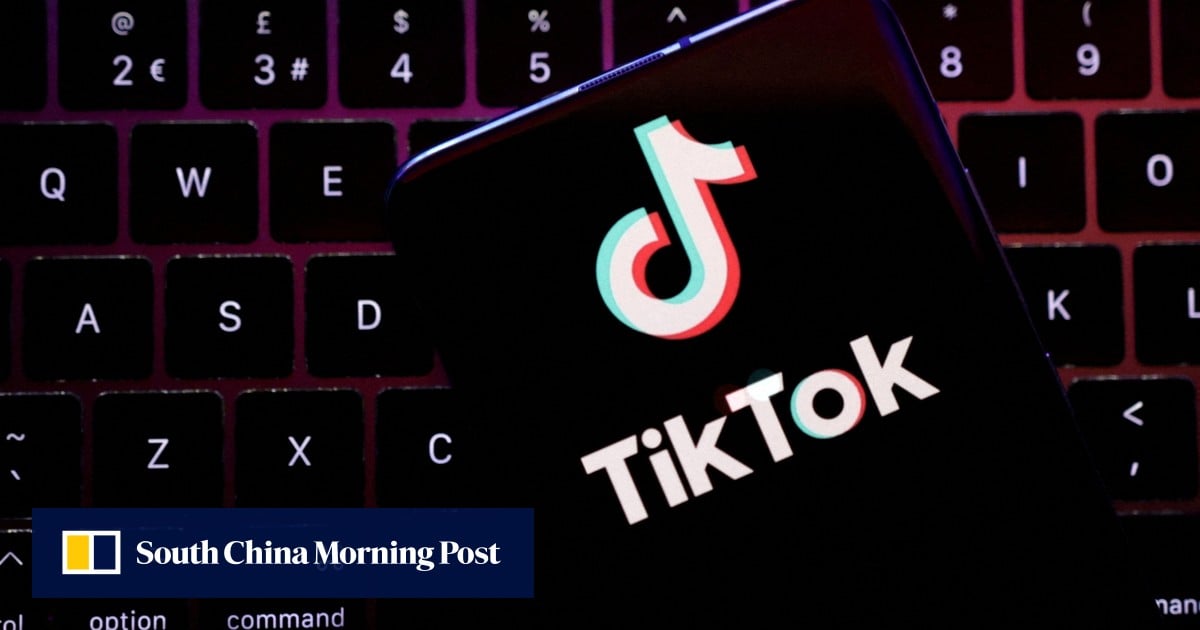TikTok, the global hit short-video platform owned by ByteDance, aims to grow the size of its US e-commerce business tenfold to as much as US$17.5 billion this year, according to people familiar with the matter, posing a bigger threat to Amazon.com.
The 2024 merchandise volume goal for the US version of TikTok Shop – which melds online entertainment with impulse buying – was discussed in internal meetings in recent weeks and may still change depending on how the business goes, said the people, who asked not to be named discussing private information.
TikTok’s ambitious target sets up a clash not just with Amazon but also fellow Chinese-owned budget retail outfits Temu and Shein, which have been making big strides among younger American shoppers.
Unlike its two rival discounters, TikTok is counting on its social media reach and the appeal of viral videos to hook buyers.
JD.com, Alibaba’s Taobao push ‘refund only’ policy to rival Pinduoduo’s strategy
JD.com, Alibaba’s Taobao push ‘refund only’ policy to rival Pinduoduo’s strategy
TikTok was last year on track to amass around US$20 billion in global gross merchandise value, with Southeast Asia contributing the bulk of sales through its platform, Bloomberg News reported. The company is now seeking to expand sales across the US and Latin America, where it is planning to launch the e-commerce operation in coming months, two people familiar with the matter said.
“The speculated US merchandise sales figures represented by Bloomberg are inaccurate,” TikTok said in a statement.
ByteDance, founded more than a decade ago by Zhang Yiming and Liang Rubo, grew into an internet leader worth more than US$200 billion thanks to the virality of short-video platforms TikTok and its Chinese sibling Douyin. TikTok Shop is one of the fastest-growing features for the Beijing-based, closely held company, which is seeking a new growth driver beyond social-media advertising. ByteDance’s revenue surged roughly 30 per cent in 2023 to more than US$110 billion, outpacing the projected growth of far more established social media rivals Meta Platforms and Tencent Holdings.
TikTok Shop lets users buy items while scrolling through a perpetual feed of short videos and live streams within its main social media app, hoping consumers use it as an alternative to Amazon or Sea’s Shopee. That format – an effort to combine the ease of shopping on Amazon with the product discovery afforded by apps like Meta’s Instagram – has already helped Douyin snatch a significant portion of Chinese consumer spending from Alibaba Group Holding and JD.com, particularly after lockdown rules during the pandemic drove people to spend more time online. Alibaba owns the South China Morning Post.
ByteDance is intent on exporting its e-commerce model globally. In the US, TikTok is offering free shipping and subsidies to influencers who peddle gadgets, clothes and make-up in videos and live streams. In November, boosted by Black Friday and Cyber Monday deals, more than 5 million new US customers bought something on TikTok, the company said. It has roughly 150 million users in the country.
TikTok on Wednesday announced it will increase fees imposed on merchants to 6 per cent of each sale beginning in April and to 8 per cent in July in most product categories, marking an end to promotions used to entice sellers. Those commissions are still significantly lower than Amazon seller fees, which are typically about 15 per cent, but the boost signals TikTok is quickly moving to generate revenue from its e-commerce platform.
Americans are increasingly comfortable shopping on Chinese e-commerce apps, including the popular fashion site Shein and PDD Holdings’ Temu, which has exploded in popularity since airing a Super Bowl ad in February.
It is unclear what sales targets TikTok Shop has set globally or for other markets. In Indonesia, TikTok has taken control of GoTo Group’s e-commerce unit Tokopedia in a US$1.5 billion deal, which allowed the company to restart its online retail service after months of scrutiny by the local government.







